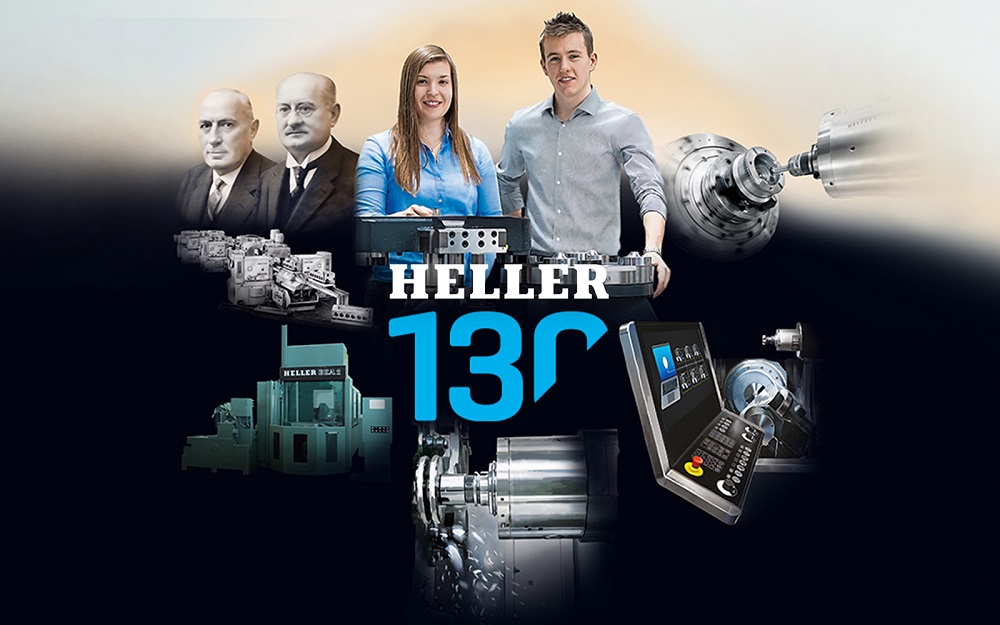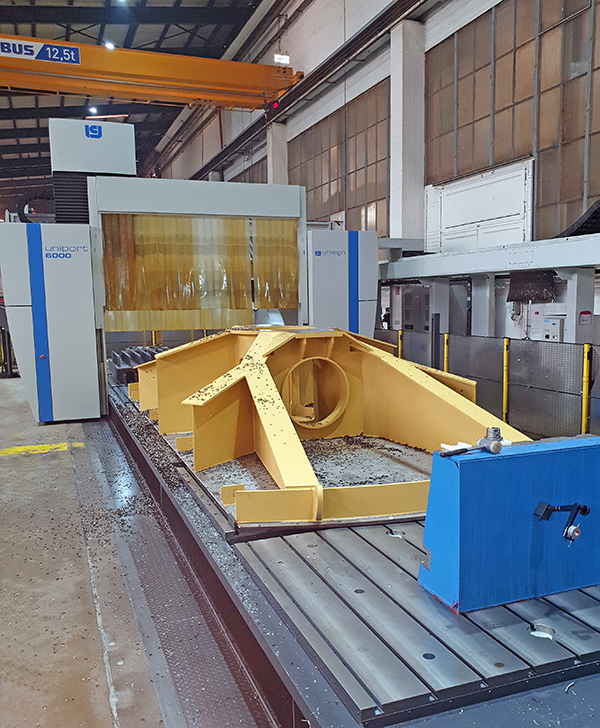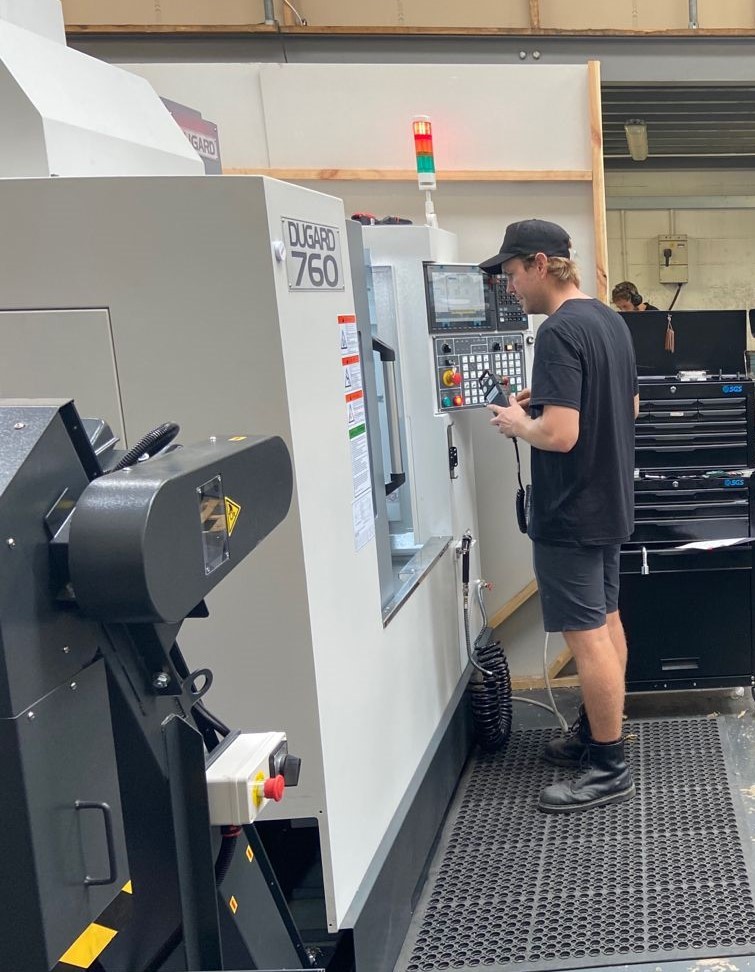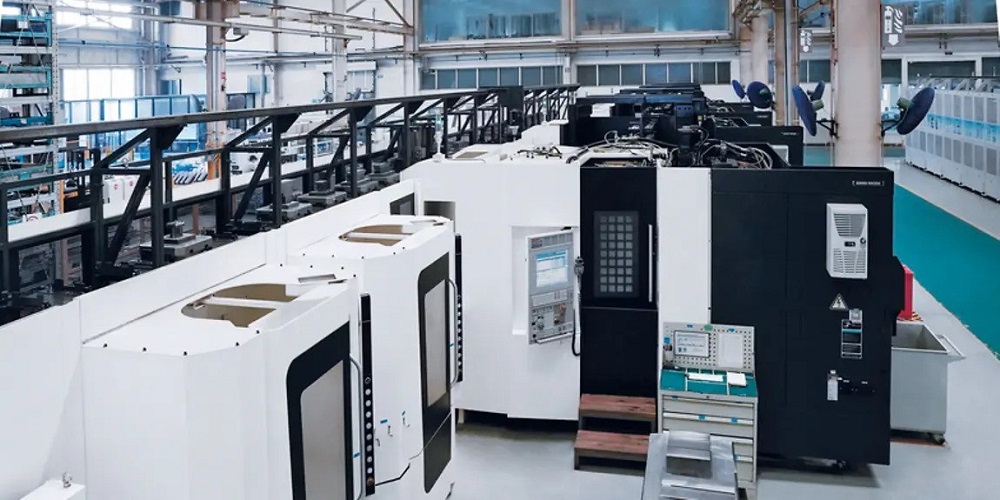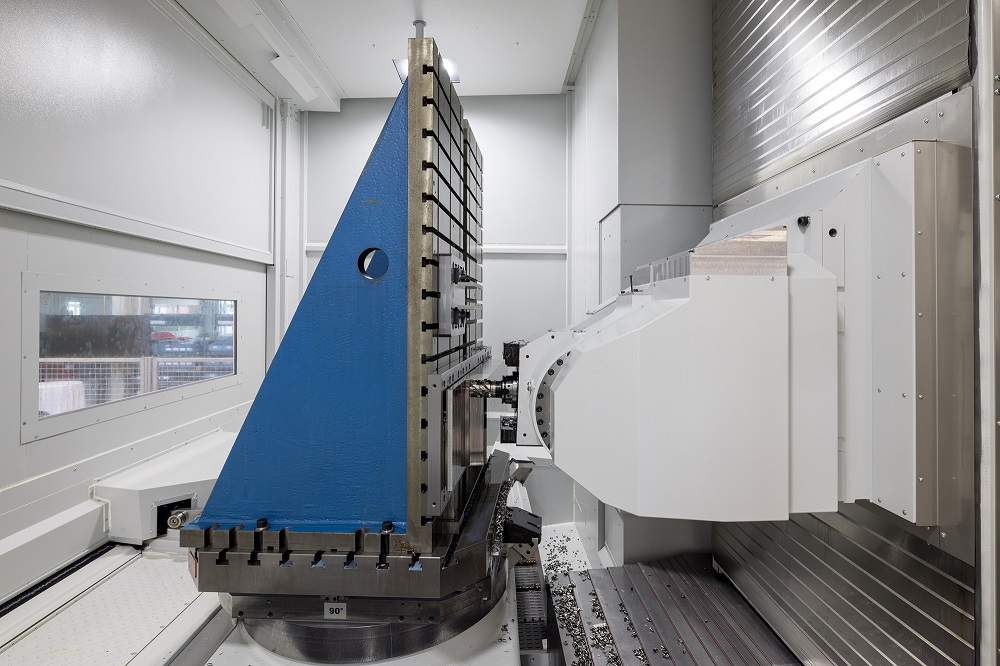130 years ago, Hermann Heller opened a trading and manufacturing company for patented products and watchmaking tools in Nürtingen, Germany. With the business selling tools of all kinds, the engineer laid the foundations for the long-term success of the company, which entered the mechanical engineering sector in 1898 with the production of cold circular saws, blade skiving machines and thread cutting machines. In 1900, Hermann Heller’s brother Ernst, a trained tradesman, joined the company, marking the birth of ‘Gebr. Heller Werkzeug- und Maschinenfabrik’ (Heller).
Manufacturing state-of-the-art CNC machine tools, Heller today maintains the spirit of a family-run business with a strong sense of tradition. Since 2016, all shares in the group have been wholly owned by the family. Dr Thorsten Schmidt (CEO), Andreas Müßigmann (CFO), Dieter Drechsler (COO) and Peter Weber (CSO) currently manage the group.
For further information www.heller.biz







